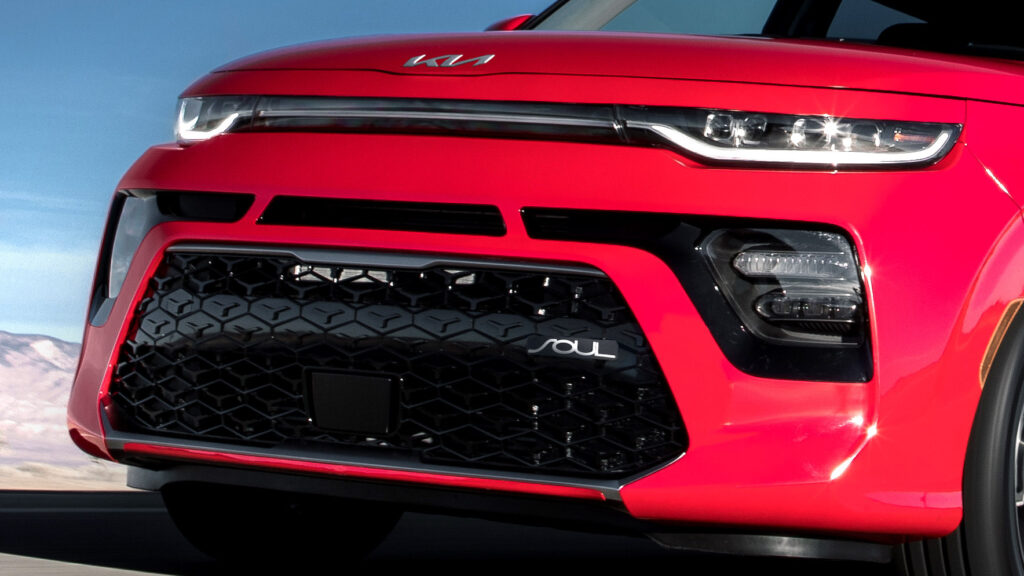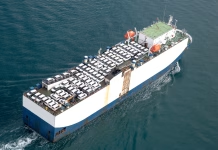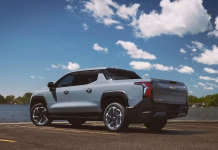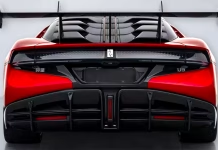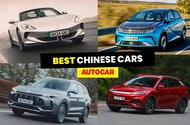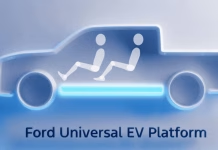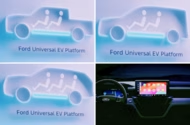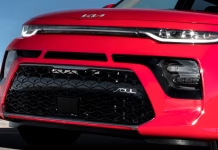China Strikes Quiet Deal to Shield Its Shipping from Houthi Attacks
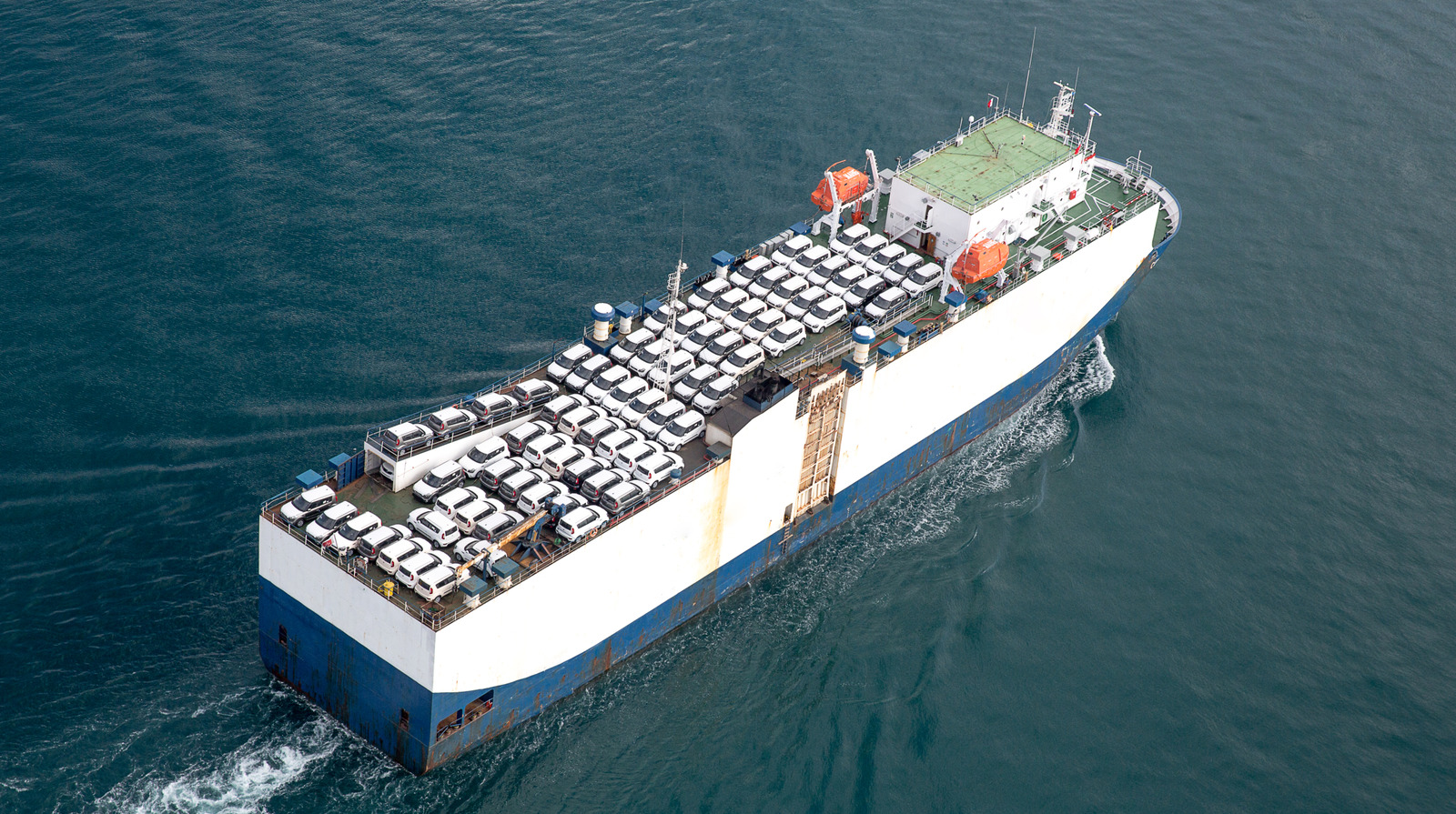
Tesla Model Y L Debuts in Europe With Extra Space and a Sleek New...
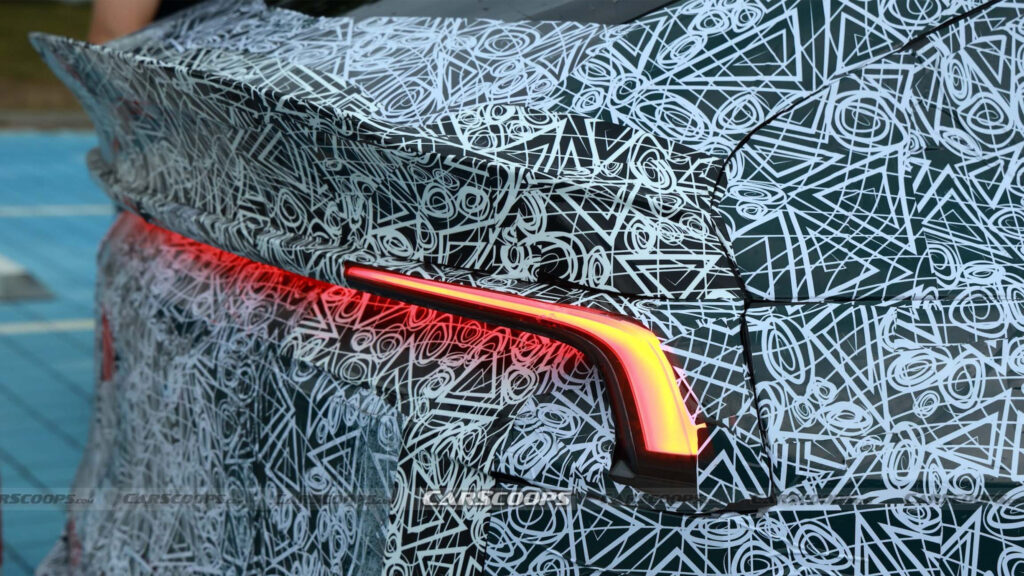
Why Smaller Batteries Could Be the Key to a Greener Auto Industry
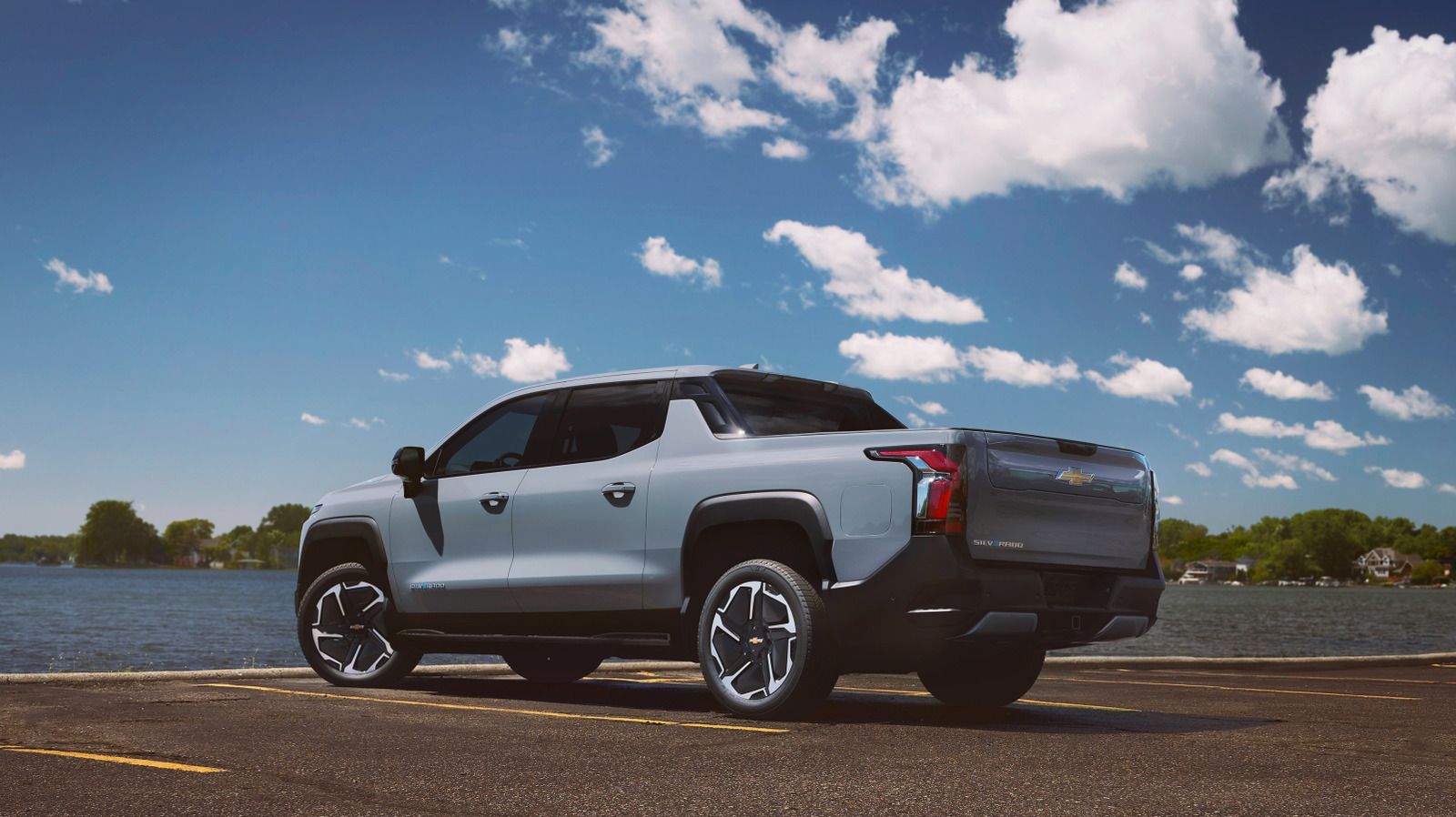
YangWang U9 Track Edition Unleashes Nearly 3,000 HP in the Electric Hypercar Race
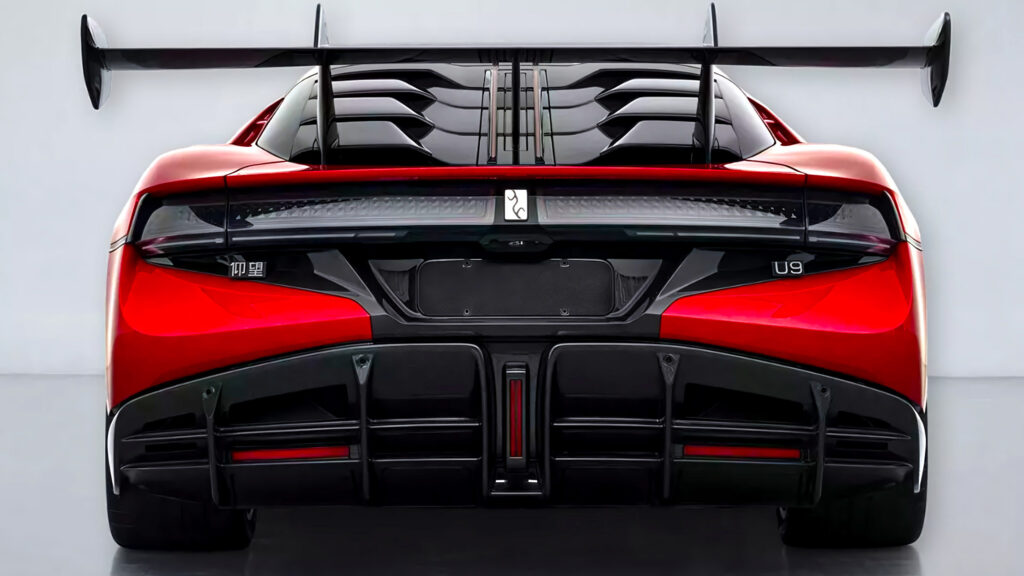
Fired Employee Arrested After Explosive Attack on Former Boss’s Car
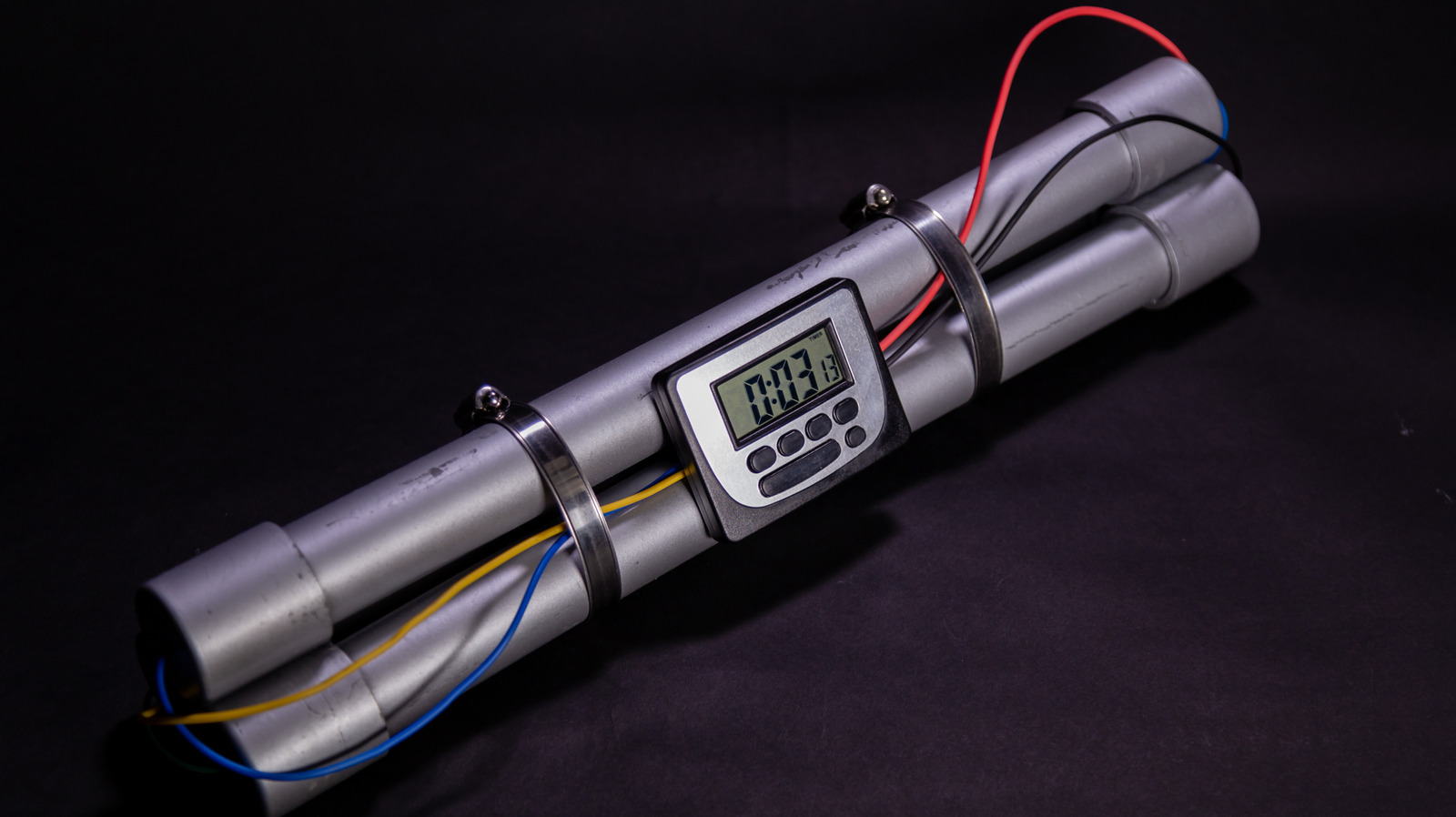
Top Chinese Cars Redefining Value and Innovation in the Global Market
 Intrigued by the prospect of a Chinese car? These are the best on the market right now
Intrigued by the prospect of a Chinese car? These are the best on the market right now
The rate at which Chinese cars are improving is unprecedented.
Twenty-five years ago, China was knocking out models like the Lubao CA6410 – essentially the front end of an Austin Montego mated with the rear end of an Austin Maestro and a Toyota engine.
But today, after decades of rapid economic growth, a few copycat creations and concentrating firmly on electric cars, Chinese models are up there with the best in the business.
They tend to be among the cheapest cars on the market - but don't don’t think it’s all price-driven pragmatism. They’re catching up with European, Japanese and Korean efforts in terms of interior quality and driving fun too.
We currently peg the Xpeng G6 as the best Chinese car on sale in the UK. It really is a credible Tesla Model Y rival, with an upmarket interior, decent ride quality and a price advantage over the American EV.
Below you will find our favourite cars from Chinese companies.
Ford Unveils $30k Electric Truck for 2027, Launching a New Era of Affordable EVs
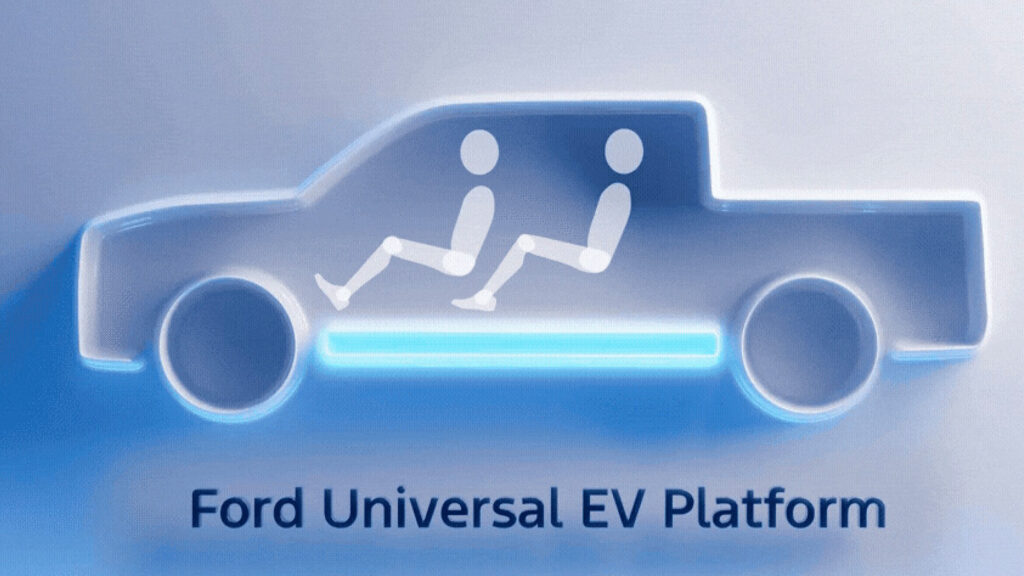
Aging Populations Slow Demand for US Vehicle Exports

Ford Unveils Affordable Electric Truck and SUV Lineup with Game Changing Platform Launching in...
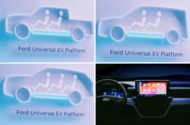 Universal EV platform will first be used for new pick-up truck priced from £22,000
Universal EV platform will first be used for new pick-up truck priced from £22,000
Ford will launch a new range of affordable electric cars based on a new platform.
Claimed to be as revolutionary for the company as the arrival of the Model T, the Ford Universal Electric Vehicle Platform – created during a three-year project – will be first used for a mid-size pick up truck that will arrive in 2027 priced at $30,000 (around £22,000).
Ford boss Jim Farley said more models will follow the pick-up, which Ford has teased to be a crossover and a three-bench SUV, which are likely to start at around the same price. They will be built at the brand’s Louisville plant in the US which will be readied for EV production with a $2 billion investment.
The vehicles are expected to be offered globally, given Farley proclaimed “from Kentucky to the world” when speaking about the new platform.
The cheapest Ford currently on sale is the Puma Gen-E which starts at £29,995 in the UK.
The first model, however, has been created with an eye on Ford’s home market. It will be positioned to take on the Amazon-backed Slate Truck and used to boost sales in the electric-skeptical US market. Other EVs sold there include the Mustang Mach-E, F-150 Lightning pickup truck, and the E-Transit van.
It is expected to take the Ranchero name, multiple online reports have suggested. This would fall into Ford’s push of assigning notable names from its past – such as Capri and Explorer – for its new electric cars.
No technical details about the platform were revealed, but Farley said the pick-up will be “faster than a Mustang twin-turbo”, offer “amazing” range as well as offer enough charge to “power a house for six days”. It will also offer “very fast” charging and run from an operating system that can be updated over the air.
He added that the platform has been created to major on interior space. It will be “more spacious inside than a Toyota Rav 4” the best selling SUV in the US.
More to follow.
Kia Engine Recall Faces Scrutiny as Complaints Mount Over Unresolved Failures
